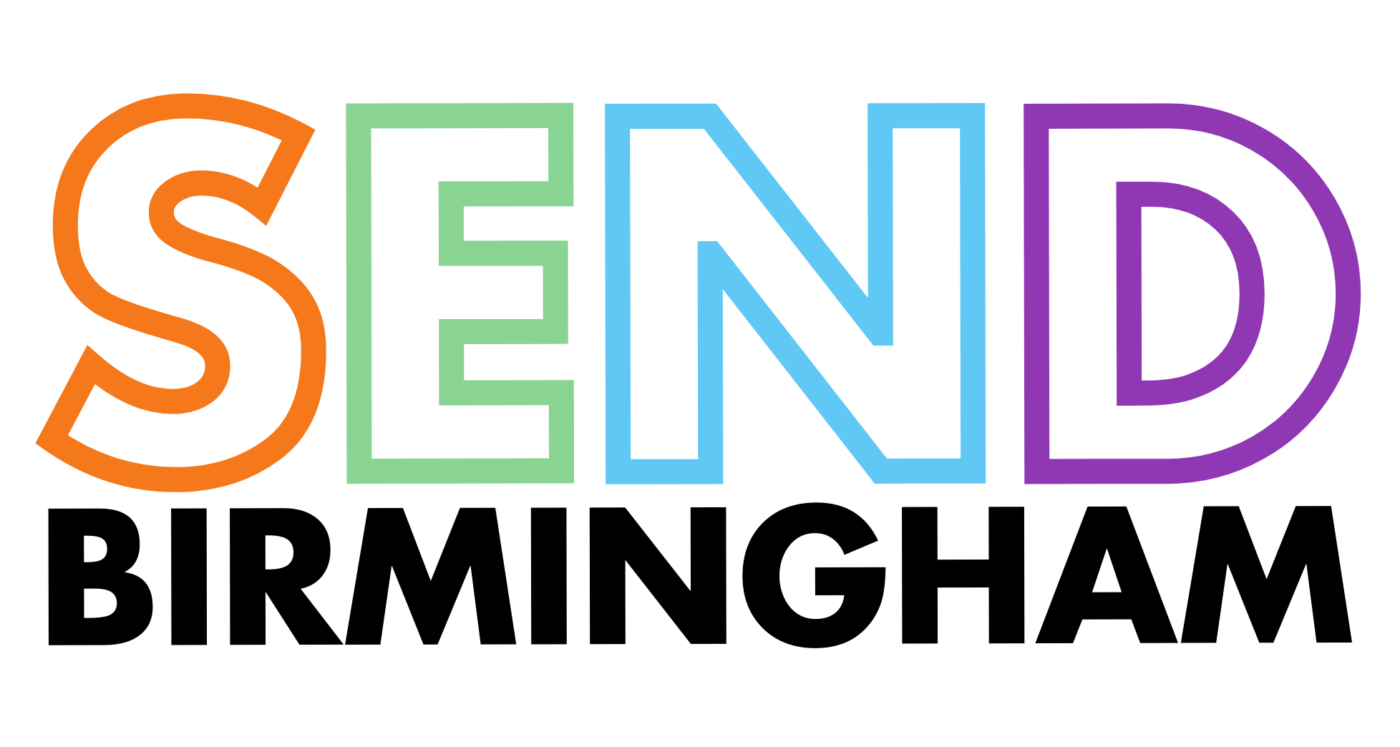What is Transition?
Transition is moving from one stage or phase of education to another. Sometimes this might include moving school or setting. Transition is a time of change. For children and young people with SEND, transition requires careful planning. Your child or young person should be at the centre of this process. You should also be involved at all stages in the process.
Who Can Help?
Parents can ask for advice from supporting professionals for children moving from one stage to another, this might include:
- Educational psychologist
- Advisory or specialist teachers
- Health visitor therapist (occupational/physiotherapy and speech and language)
- Early years setting leader
- Class teacher
- SENCo
Phases of Transition
Transition is a time of change. There are a lot of possible transitions that your child may experience during their early years. Transition happens when:
- your child first attends any setting outside of the home, for childcare or early education
- children move from one key group to another
- children move from one early education provider to another
- children start school in reception class
Transition for all children requires careful planning and your child should be at the centre of this process. Parents and carers should also be involved at all stages in the process.
More information is available at early years transition.
Leaving school and moving on to adult life can be a worrying time for all young people and their families. This can be especially difficult for children and young people with special educational needs or disabilities. Year 9 transition refers to the support available to young people to help them prepare for adulthood and life after school.
For pupils who have an EHCP, a planning system and a transition protocol are available to help make that transition as smooth as possible.
The following points should be considered for young people as part of Transition Planning:
The Young Person
The young person’s wishes and feelings should be at the centre of their plan.
- What are the young person’s hopes and aspirations for the future?
- How can these be met?
- How can the young person be encouraged to contribute to their plan?
- Alternative methods of communication should be considered, if necessary.
- What is working well and what is not working well for them at the moment?
The Parents or Carers
- What are the parent or carer’s hopes and aspirations for their young person’s adult life?
- How can parents or carers continue to help contribute to the development of their young person’s skills?
More information is available at preparing for adulthood and post-16 transition.
Post-18 transition refers to the movement from a post-16 education setting such as college or sixth form into a post-18 option. For young people moving mast a post-18 education setting, there are 4 main options. They can either:
- move into higher education and study for Degrees; Higher National Diplomas/Certificates; Foundation Degrees and Diplomas/Certificates of Higher Education
- start full-time employment including apprenticeships
- take a gap year to gain experience and develop your employability skills. It is important to spend this time constructively (e.g. travelling; working abroad or in the UK; volunteering, etc.)
- voluntary work/internships which can provide you with direct experience of working in a particular role
For further information about each of these options please see the post-18 guidance.

